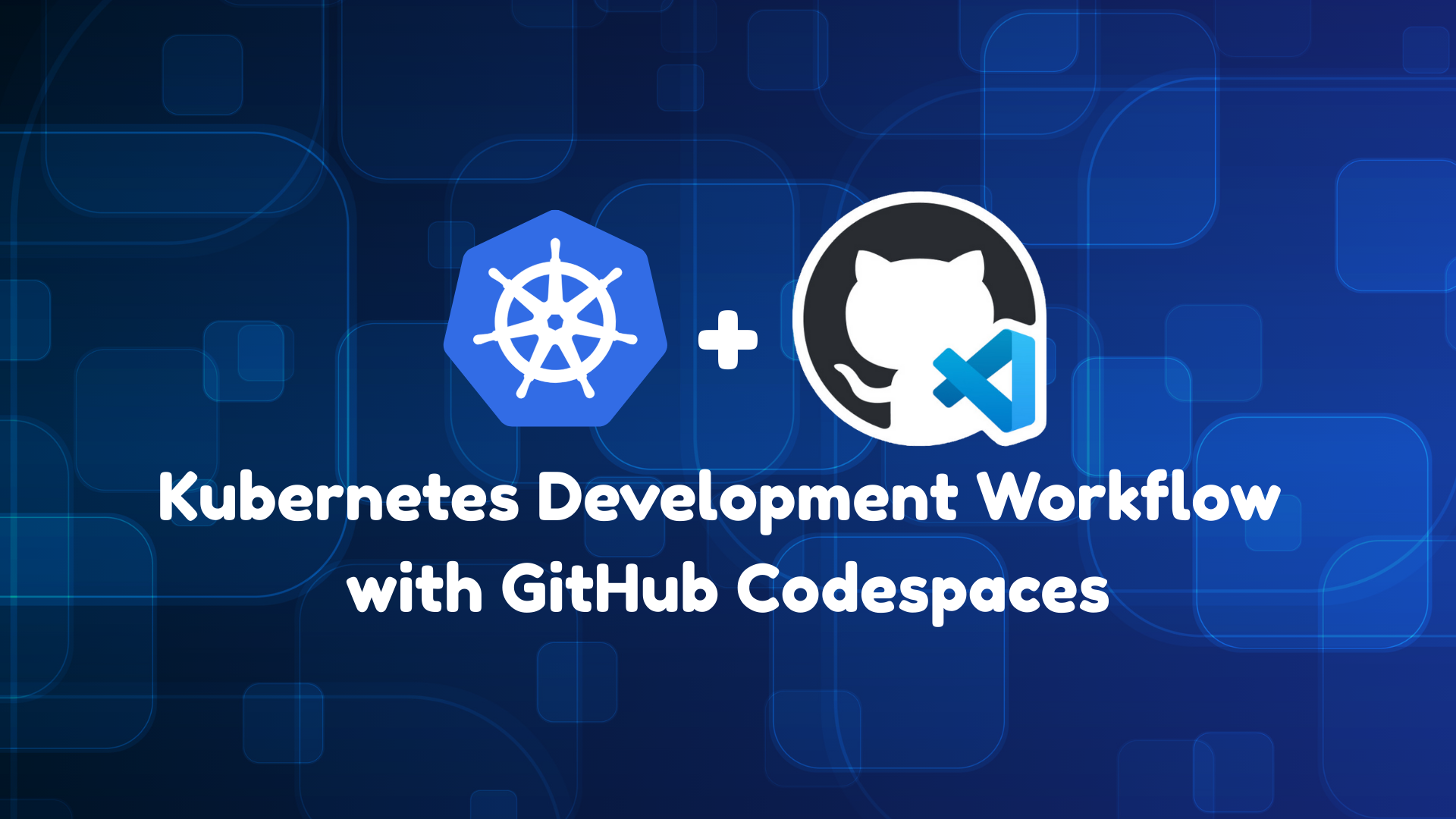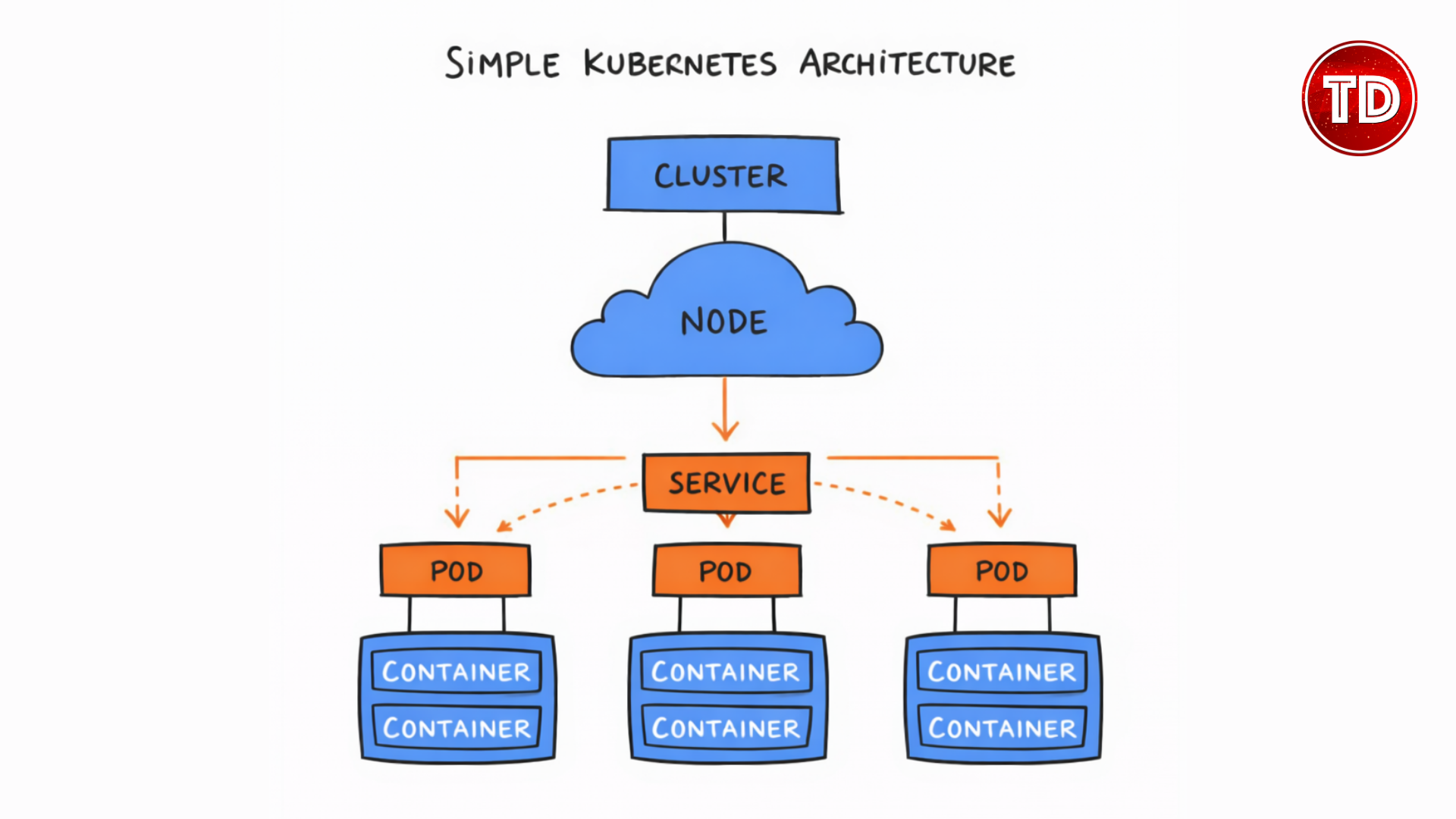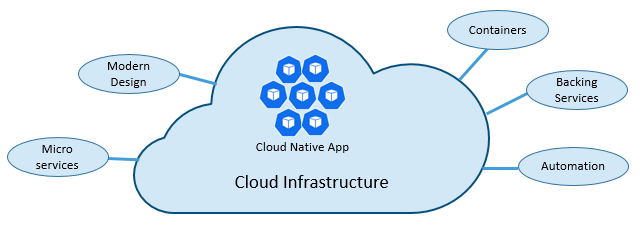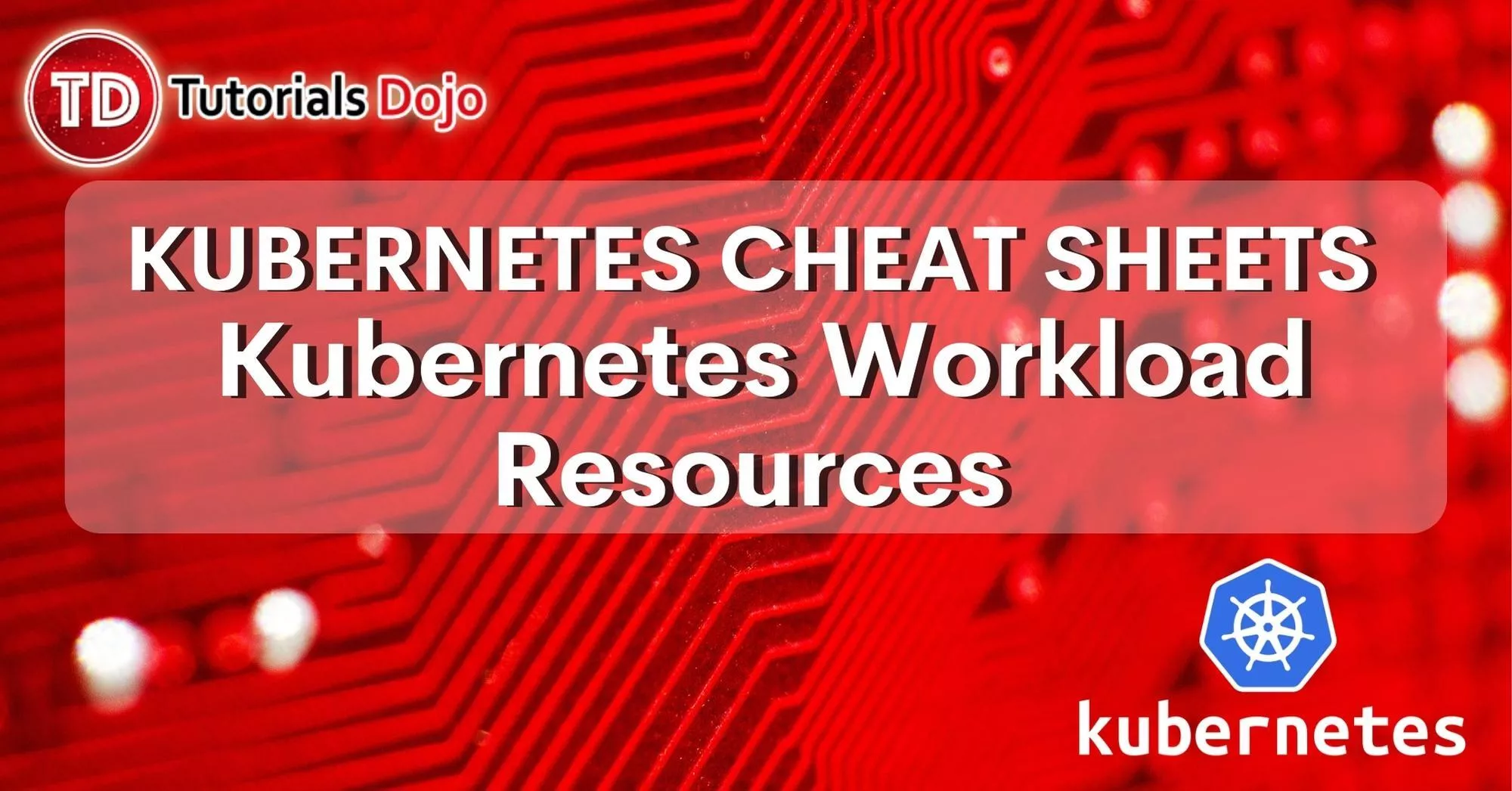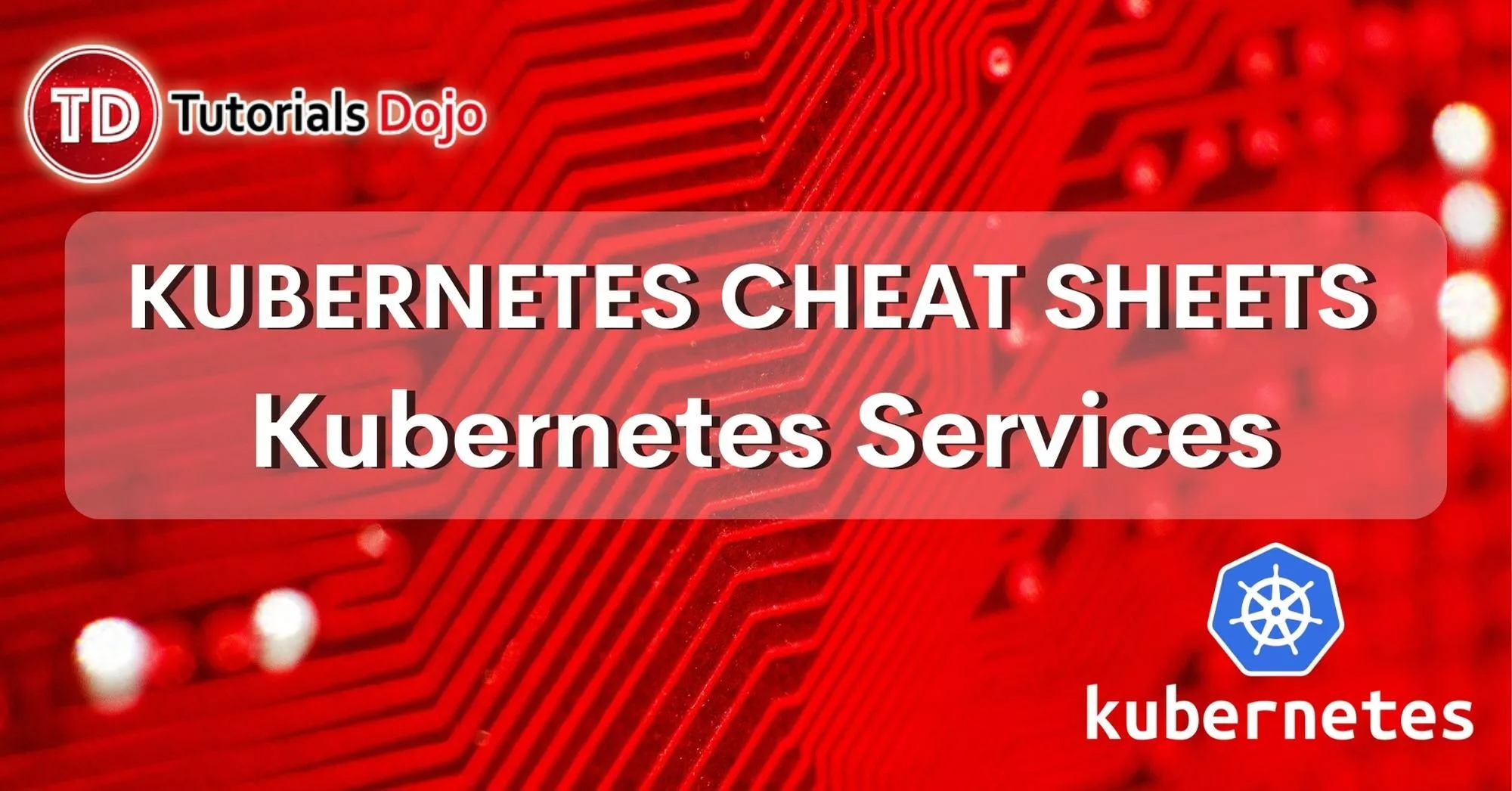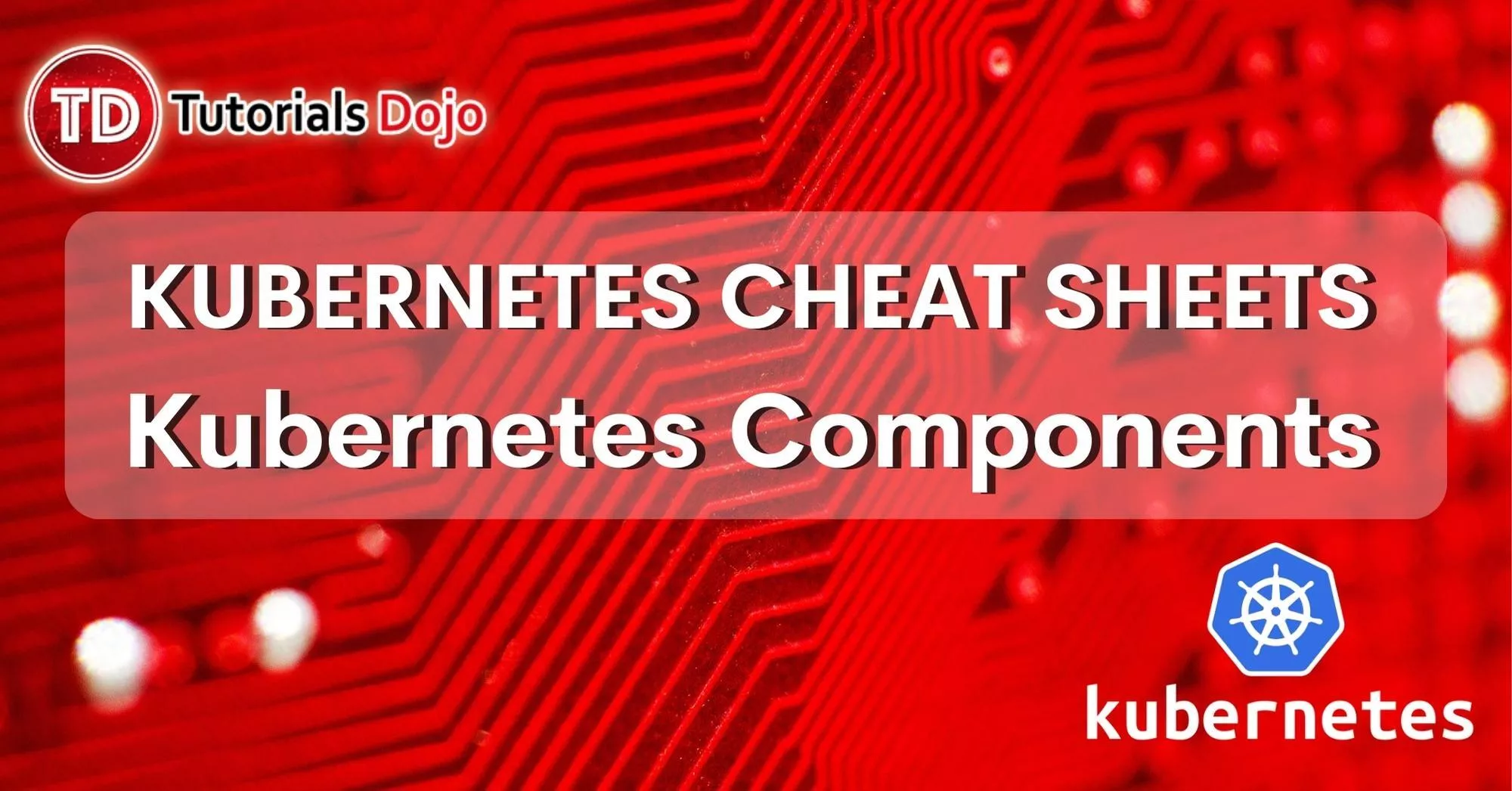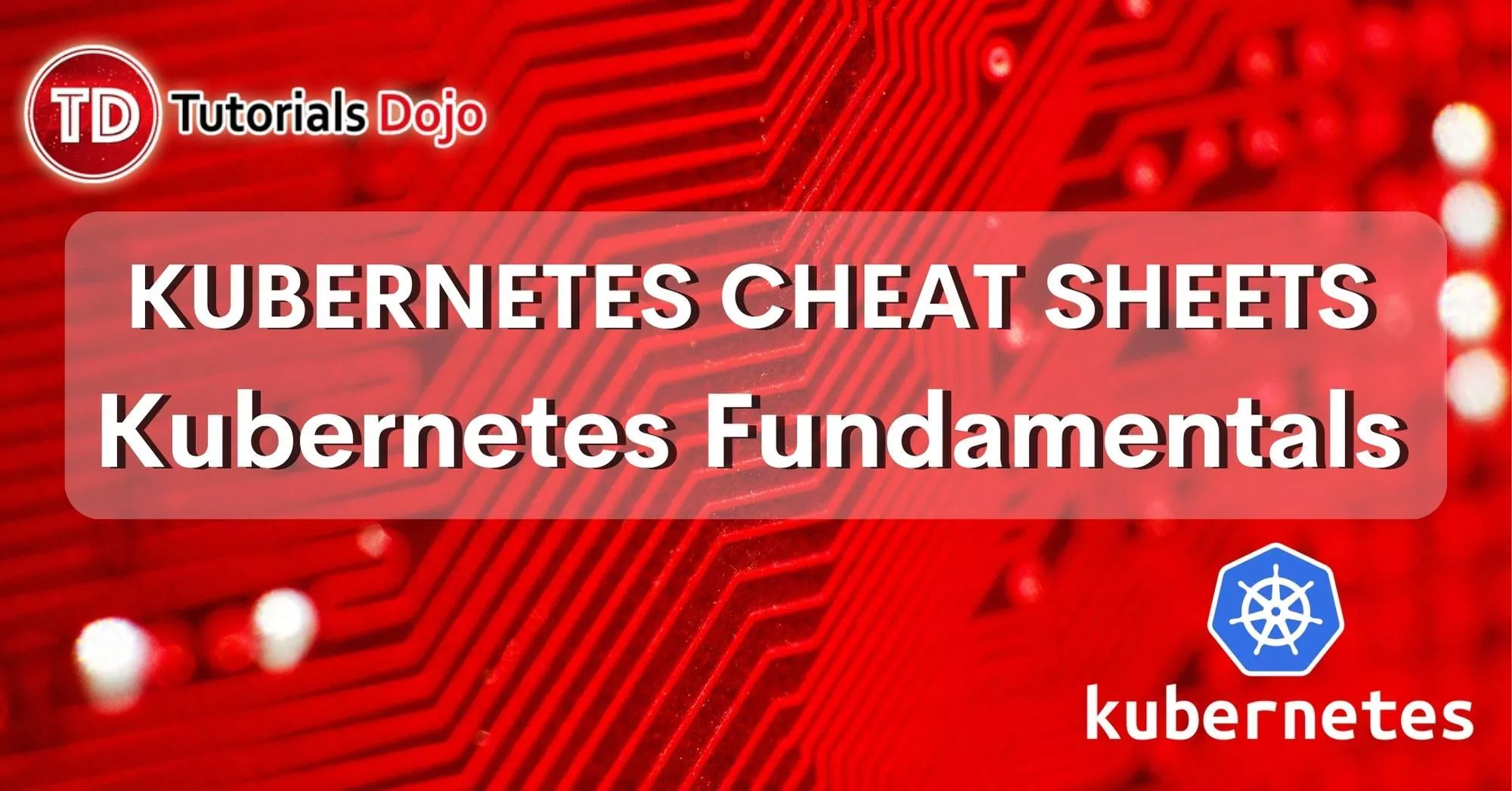Kubernetes Development Workflow with GitHub Codespaces
Karen Pearl V. Pabilando2026-01-25T14:45:46+00:00Setting up Kubernetes locally often becomes the most challenging part of learning it. Between installing Docker Desktop, configuring kubectl and Minikube, resolving version mismatches, and managing heavy resource usage, hours can be lost before a single workload is successfully deployed. There’s a better way to approach Kubernetes development without the overhead of local setup and maintenance. GitHub Codespaces provides a fully configured Kubernetes development environment that runs entirely in your browser. By removing local installations, dependency conflicts, and hardware constraints, it allows you to focus on understanding Kubernetes concepts and applying them in practice rather than troubleshooting your machine. In [...]

